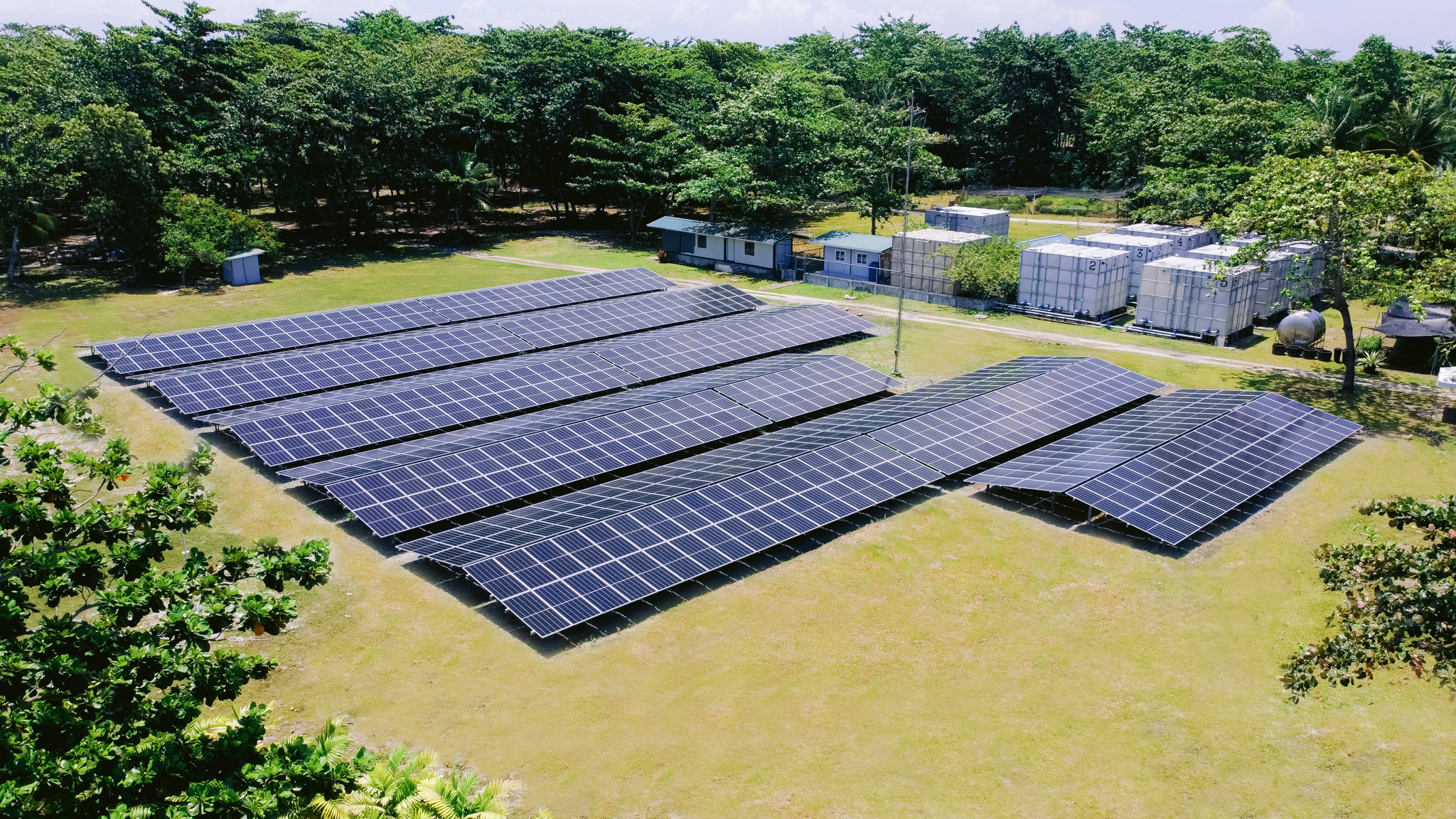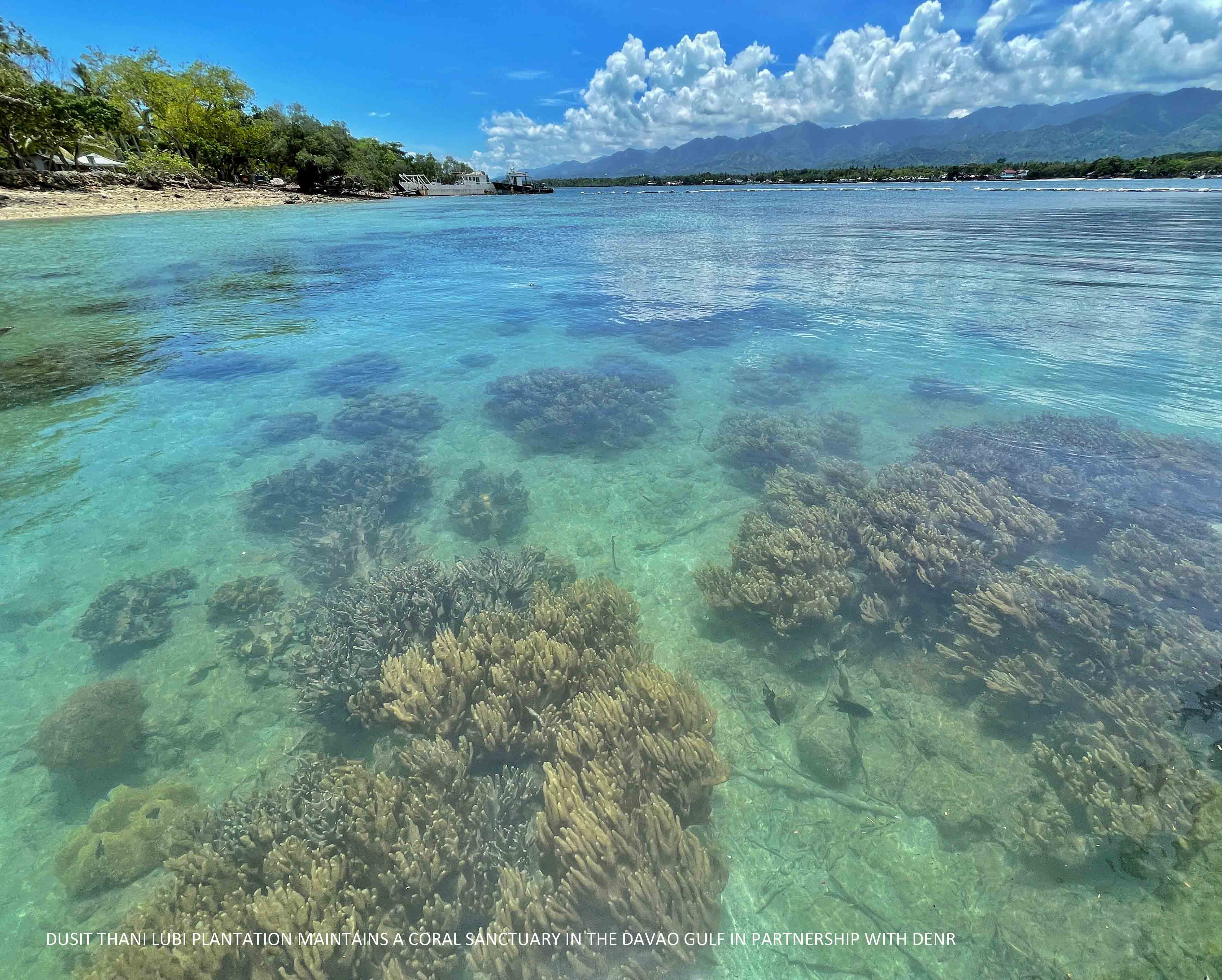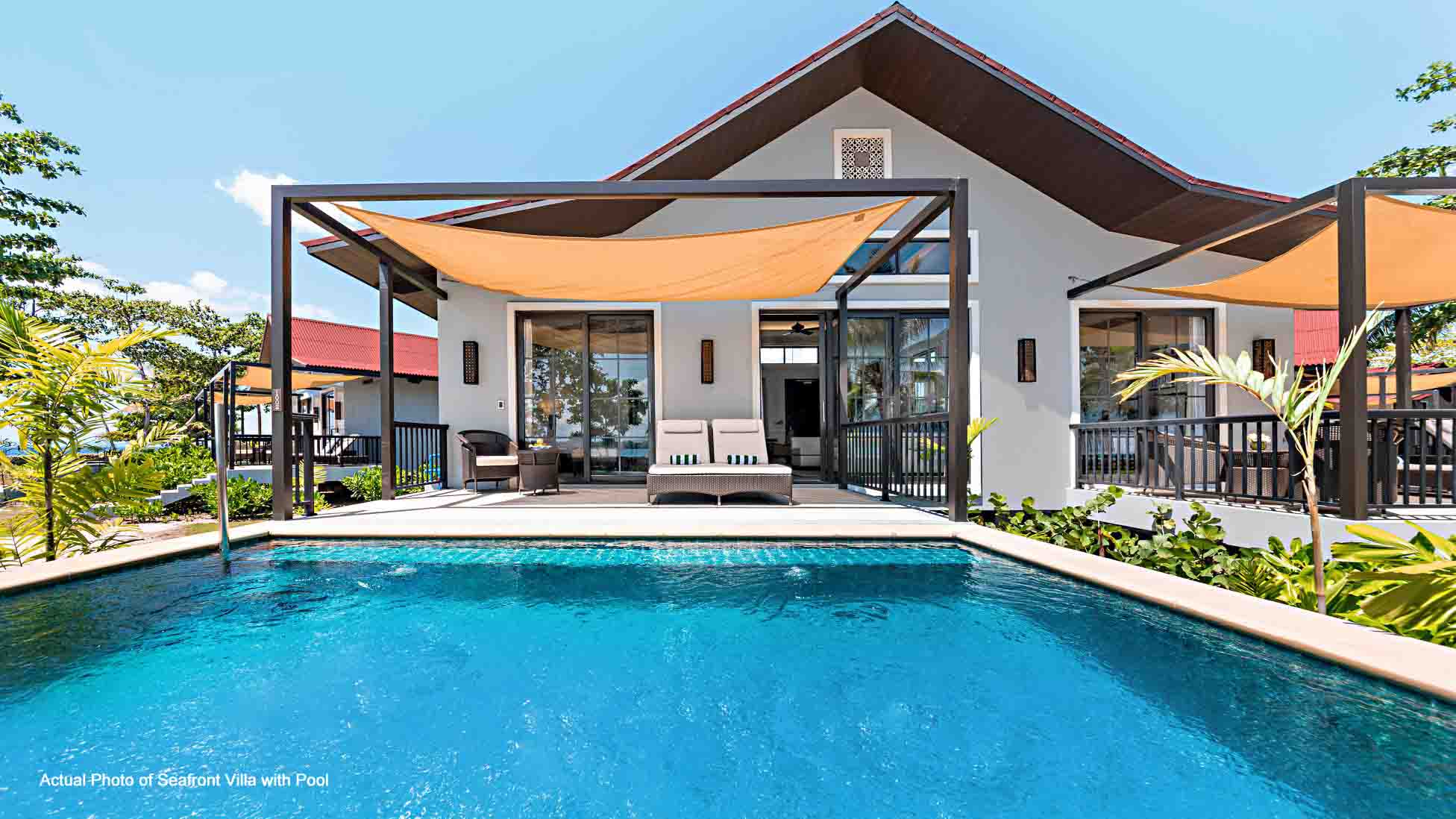EXCLUSIVE: Tomas Lorenzo on real sustainability and authentic luxury
Featuring Dusit Thani Lubi Plantation Resort in Davao de Oro
In a world where "sustainability" often functions as a buzzword rather than a genuine commitment, it is indeed uplifting to encounter a development (and property developer) that authentically embodies the concept.
"You know what? I'm sustainable," declared Tomas Lorenzo, the CEO of Torre Lorenzo Development Corporation (TLDC), unexpectedly during breakfast at the al fresco dining area of the Dusit D2 hotel in Davao City. We had taken an early flight from Manila to Davao to meet with the property developer.
Stumped on how to react to his statement, our host delivered the punchline, “Kasi hindi ako plastic (Because I am not fake).” In Filipino culture, the term "plastic" colloquially refers to someone insincere or hypocritical in their actions and behavior.

This early morning “tito” joke set the tone for our entire trip—fun, light, filled with anecdotes about the property and tourism industry, and, of course, beautiful environs, posh spaces, and good food.
Lorenzo was a gracious host and an engaging storyteller, taking the lead as our tour guide in Davao City.
Throughout our short stay in Dusit D2, the city hotel, he guided us to the main destination—Dusit Thani Lubi Plantation Resort in Davao de Oro, a thirty-minute boat ride from the private dock of dusitD2 in the city.
“You know, people are completely skipping Manila and going straight to Mindanao,” said Lorenzo, during our chat in the private catamaran that was taking us to Lubi Plantation. “For them, it’s all about the experience and the adventure.”
He then explained how Mindanao has untapped potential for local and foreign tourism. With Lubi Plantation at the center of their plans, Lorenzo aims to harness and highlight the potential of the area.
“You're getting luxury in Davao de Oro and you feel good about it. You don’t feel guilty about the visit because you help the community with the business you bring in, and you support our efforts in sustainability,” he continued.

As the catamaran closed in on the property, we saw the pristine waters and beautiful shoreline of the island. After departing the boat and walking along the jetty port, you immediately get the feel that you're entering a premium Dusit property.
As the flagship leisure project of TLDC, a full-scale developer with residential and integrated-use developments, as well as hospitality destinations across Manila, Lipa, and Davao, Dusit Thani Lubi Plantation Resort is a beautiful isle nestled in the center of the Davao Gulf. It is surrounded by coconut trees, white sand beaches, and a diverse marine ecosystem.
The resort offers beachfront villas and suites, some with private pools. Guests can enjoy various water sports, cultural tours, the spa, and a variety of dining options. Additionally, a chapel and function halls boast designs inspired by early 20th-century Sri Lankan coconut plantations, seamlessly blending modern amenities for a unique atmosphere.
Lorenzo continued, “In the beginning, people were asking me, ‘what about your sustainability efforts?’ And I say, ‘we've been doing it, but I just don't tell people we've been doing it.’ We do sustainability because it makes sense. We don't do sustainability to get on the cover of a magazine. We do sustainability because it saves us money.”

Case in point, during the tour of the property, Lorenzo pointed to a device outside the villa rooms—a heat recovery system conserving energy by using the heat produced by air conditioning to warm water in the villas.
The property also harnesses solar power through a 756-panel solar farm, generating clean energy equivalent to planting over 6,000 trees and reducing carbon emissions by 251 tons annually. They also use energy-efficient transportation like bicycles and electric golf carts throughout the island.
The resort is designed to be water-efficient, with rainwater absorption for replenishing aquifers. Water from the aquifers is then purified for drinking. “The water is so clean, you can drink it from the tap,” Lorenzo shared.
They have a sewage treatment plant that treats wastewater, used for irrigation and landscaping.
Lorenzo also explained how necessity breeds sustainability. Highlighting the property's isolation from the main island, he pointed out how challenges in accessing fresh water, energy, and other necessities have driven them to become self-sufficient and embrace sustainable practices.

Sustainability isn't just about saving the planet; it's also about enriching the lives of those who call it home. By supporting local communities and fostering environmental awareness, the resort creates a ripple effect of positive change.
The development prioritizes local employment, with all staff members from Davao de Oro province, and 80 percent from the resort's home municipality of Mabini. Beyond job creation, TLDC emphasizes partnerships, focusing on livelihood opportunities, educational initiatives, and broader social development programs.
Beyond its eco-conscious endeavors, Lubi Plantation offers an unforgettable escape. The island experience is imbued with a sense of authenticity, reminding guests that true luxury lies in connection to nature and community. “Initially they come here because it's an island. We have a sunrise beach and a sunset beach. We have all of this, but then when they come in to see the other things, then we get them, because that’s when they want to come back,” Lorenzo said.
“The unique proposition of the property is, I can experience many things, and it's real. It's real meaning our sustainability is real. Our beach is real. Our marine sanctuary is real. Our Turtle Beach really has turtles laying eggs there. It's real. Everything is real. And yet you're not far from the amenities that people expect from a five-star hotel,” Lorenzo concluded.